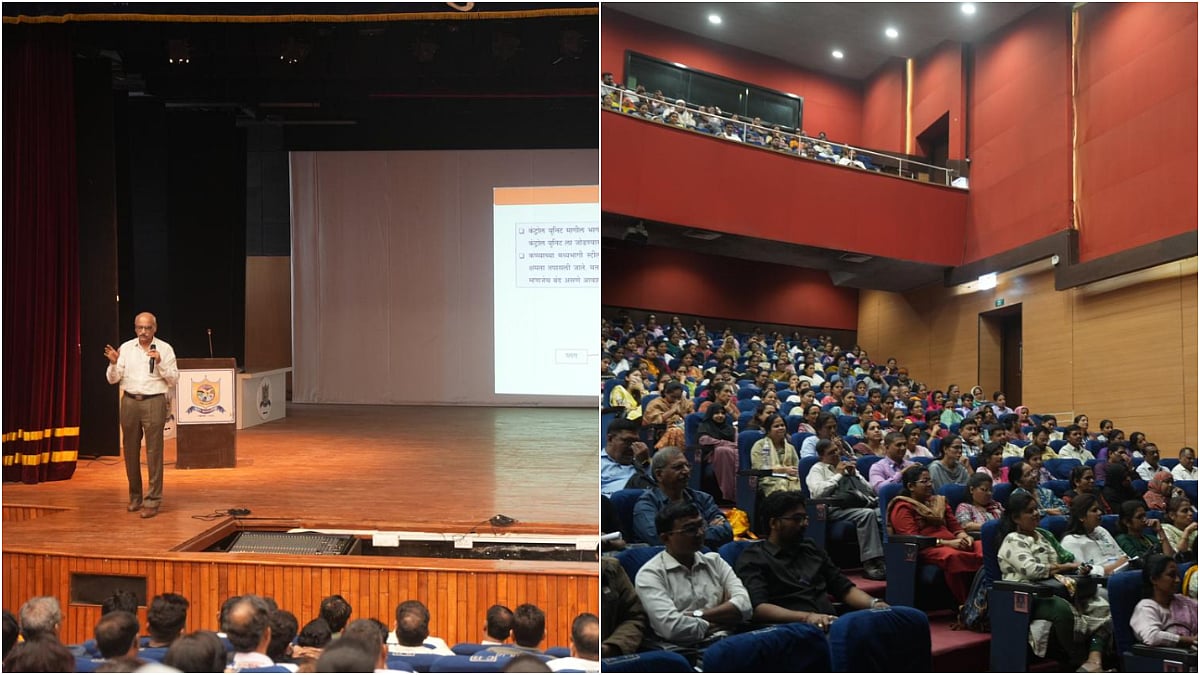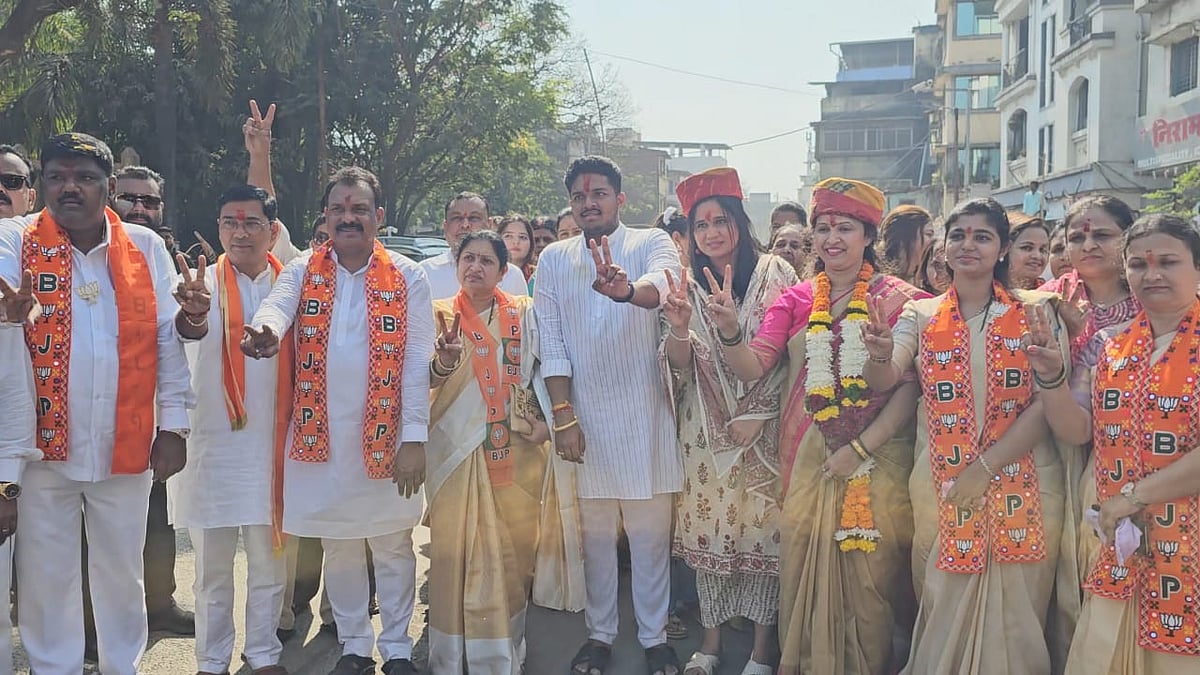Mumbai: In a move aimed at cutting costs and boosting public participation, the Brihanmumbai Municipal Corporation (BMC) is considering handing over eight of its 13 swimming pools to private players under a public-private partnership (PPP) model. Officials said the step could save the civic body crores of rupees in annual expenses while offering citizens extended hours, improved facilities and subsidised training for underprivileged children. Importantly, membership fees will remain unchanged.
Details Of Pools Selected For PPP Model
The pools identified for the PPP initiative include one Olympic-sized facility in Kandivali and seven 15x25-metre pools located in Worli, Vikhroli, Andheri East, Andheri West, Malad West, Dahisar East and Dahisar West. BMC officials admitted that despite heavy spending on maintenance, most pools were operating at a loss due to poor membership uptake.

For example, the Worli pool has only 2,270 members enrolled against a total capacity of 2,750. The Andheri West pool has over 2,200 memberships vacant, while those in Dahisar East, Malad West and Vikhroli each have more than 1,800 empty slots. The Kandivali Olympic pool, with a capacity of 5,500, has only 1,790 active members. Even the better-performing pools in Andheri East and Dahisar West are underutilised, with around 1,000 members each and over 1,600 vacancies.
The BMC currently spends over Rs 70 lakh annually to maintain each small pool, while the Olympic-sized facility costs even more. “Private operators can invest in outreach and improve utilisation rates, while the civic body saves on salaries, electricity, water and maintenance,” a senior official explained, as quoted by Hindustan Times.
Details On Membership Charges
Plans are also in place for private operators to extend operating hours up to midnight, building on the success of BMC’s earlier move to stretch timings from 8 pm to 10 pm. Membership rates will remain fixed at Rs 9,283 annually for smaller pools and Rs 11,710 for the Kandivali pool. Officials believe there is still profit potential for private players.
Also Watch:
To ensure inclusivity, the civic body has stipulated that private operators must provide subsidised training for underprivileged children between noon and 4 pm, hours when pools are typically underutilised. Operators will also be allowed to open pools on Mondays, which are currently holidays.
The BMC is now appointing a financial consultant to assess the feasibility of the PPP model and recommend a revenue-sharing structure. The report, expected in about a month, will determine the rollout. If successful, the civic body may extend the PPP model to its other pools and even adopt a DBFOT (design, build, finance, operate, transfer) model for future projects to cut capital costs.





